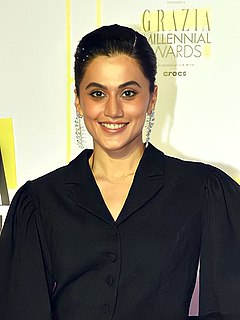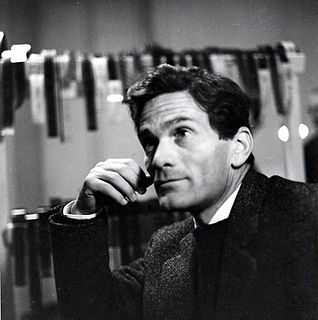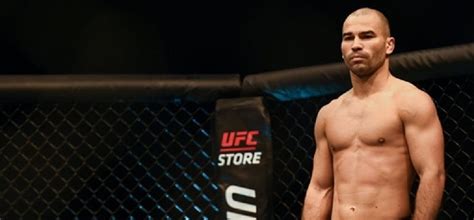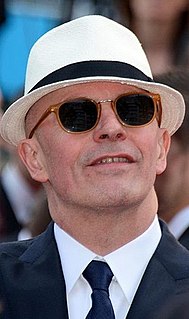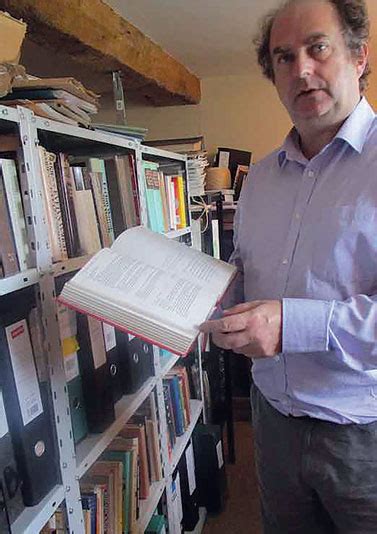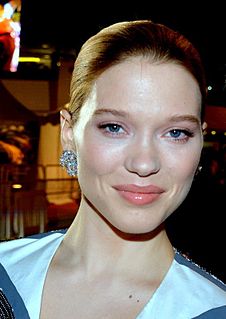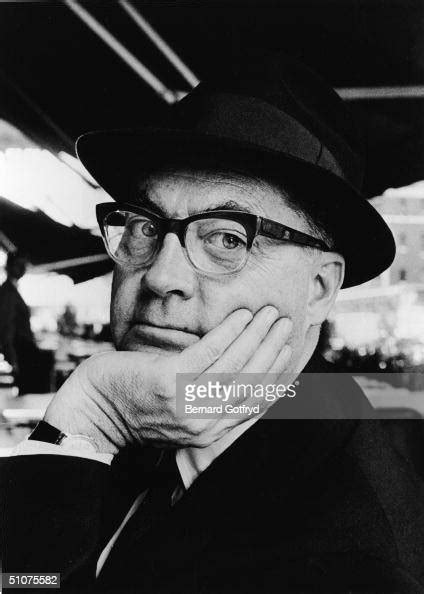A Quote by Pawel Pawlikowski
What's been lost is allowing cinema to be artful, playful, to have ambiguity, to have form, to be contemplative, to wish to be art. This slightly timeless approach to reality, like Chekhov in literature, where you look at all humanity and try to find what's transcendent.
Related Quotes
Cinema is a kind of pan-art. It can use, incorporate, engulf virtually any other art: the novel, poetry, theater, painting, sculpture, dance, music, architecture. Unlike opera, which is a (virtually) frozen art form, the cinema is and has been a fruitfully conservative medium of ideas and styles of emotions.
In affirming God to be supreme in all things, the classical theist describes him in a number of ways. He is perfect, loving, good, infinite, omnipotent, omniscient, eternal, timeless, transcendent, personal, immutable and immanent. But how can this be? Is it really possible to be both eternal and timeless? Immutable and immanent? Personal and at the same time transcendent?
I’m just a storyteller, and the cinema happens to be my medium. I like it because it recreates life in movement, enlarges it, enhances it, distills it. For me, it’s far closer to the miraculous creation of life than, say, a painting or music or even literature. It’s not just an art form; it’s actually a new form of life, with its own rhythms, cadences, perspectives and transparencies. It’s my way of telling a story.
Of course it's possible for political essays to be artful. I just want to call into question the dominance of content over form in the history of the essay. I want us to recognize that there's art involved in making this stuff, because we still don't approach the constructed nature of the essay with the same appreciation that we do poetry or fiction.


